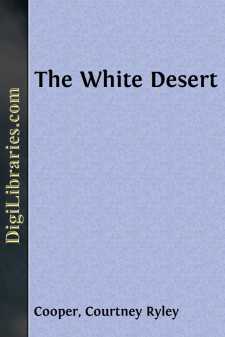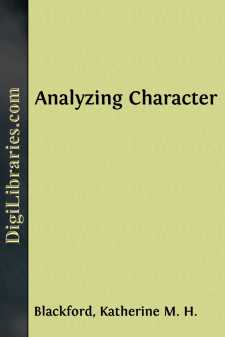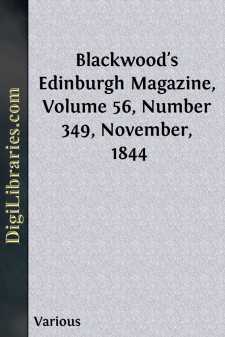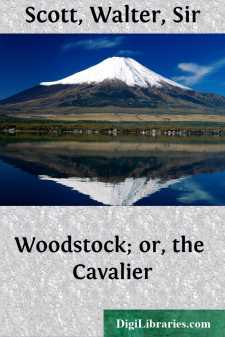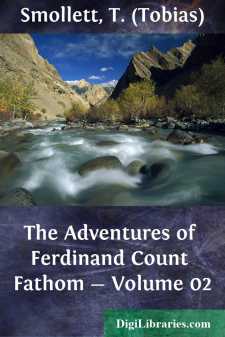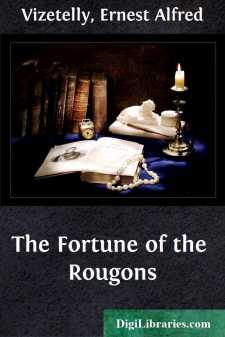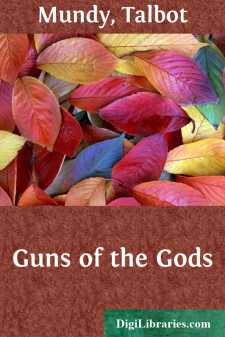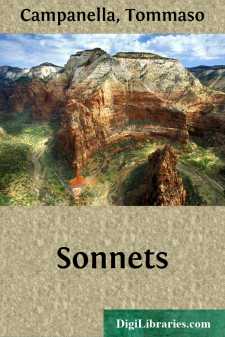Fiction
- Action & Adventure 180
- Biographical 15
- Christian 59
- Classics
- Coming of Age 5
- Contemporary Women 3
- Erotica 8
- Espionage/Intrigue 12
- Fairy Tales, Folklore & Mythology 236
- Family Life 169
- Fantasy 117
- Gay 1
- General 596
- Ghost 32
- Historical 808
- Horror 43
- Humorous 160
- Jewish 25
- Legal 4
- Medical 22
- Mystery & Detective 315
- Political 49
- Psychological 41
- Religious 64
- Romance 159
- Sagas 11
- Science Fiction 730
- Sea Stories 113
- Short Stories (single author) 537
- Sports 10
- Suspense 1
- Technological 8
- Thrillers 2
- Urban Life 31
- Visionary & Metaphysical 1
- War & Military 173
- Westerns 199
Classics Books
Sort by:
THE WHITE DESERT CHAPTER I It was early afternoon. Near by, the smaller hills shimmered in the radiant warmth of late spring, the brownness of their foliage and boulders merging gradually upward to the green of the spruces and pines of the higher mountains, which in turn gave way before the somber blacks and whites of the main range, where yet the snow lingered from the clutch of winter, where the...
more...
HISTORY. I was born on the 10th of June, 1840, in Thornton, a small town in the northern part of New Hampshire. I was the youngest of six children. Our parents were poor in this world’s goods, but rich in faith and in the knowledge of God as it is in Christ Jesus. My early instructions were limited to a common school, and I was deprived of this at the age of twelve years. Had I improved even these...
more...
CHAPTER I CAUSES OF MISFITS "Blessed is the man who has found his work."—Carlyle. Only the rarest kind of soul has a clear call to his vocation. Still rarer is he who, knowing his work, can create circumstances which will permit him to do it. Of the thousands of young people who have sought us for counsel, only a very small percentage have had even a vague idea of what they are fitted to do,...
more...
PREFACE BEFORE perusing this work, it is as well that the reader should understand M. Zola's aim in writing it, and his views—as distinct from those of his characters—upon Lourdes, its Grotto, and its cures. A short time before the book appeared M. Zola was interviewed upon the subject by his friend and biographer, Mr. Robert H. Sherard, to whom he spoke as follows: "'Lourdes'...
more...
by:
Various
THE O'CONNELL CASE—WAS THE JUDGMENT RIGHTLY REVERSED? The astounding issue of the Irish State trials will constitute a conspicuous and mortifying event in the history of the times. A gigantic conspiracy for the dismemberment of the empire was boldly encountered at its highest point of development by the energy of the common law of the land, as administered in the ordinary courts of justice. That...
more...
by:
Walter Scott
APPENDIX NO. I. THE WOODSTOCK SCUFFLE; or, Most dreadfull apparitions that were lately seene in the Mannor-house of Woodstock, neere Oxford, to the great terror and the wonderful amazement of all there that did behold them. It were a wonder if one unites,And not of wonders and strange sights;For ev'ry where such things affrightsPoore people, That men are ev'n at their wits' end;God...
more...
REPAIRS TO THE METROPOLIS, AND ENROLS HIMSELF AMONG THE SONS OF PAEAN. Before this affair could be brought to a proper explanation, the season being almost ended, the ladies departed from Tunbridge, and in a little time Doctor Fathom followed them to London, having previously obtained permission to visit them in that metropolis. He had solicited the same favour of some other families, in which he hoped...
more...
INTRODUCTION "The Fortune of the Rougons" is the initial volume of the Rougon-Macquart series. Though it was by no means M. Zola's first essay in fiction, it was undoubtedly his first great bid for genuine literary fame, and the foundation of what must necessarily be regarded as his life-work. The idea of writing the "natural and social history of a family under the Second Empire,"...
more...
by:
Talbot Mundy
Out of the Ashes Old Troy reaped rue in the womb of yearsFor stolen Helen's sake;Till tenfold retribution rearsIts wreck on embers slaked with tearsThat mended no heart-ache.The wail of the women sold as slavesLest Troy breed sons againDreed o'er a desert of nameless graves,The heaps and the hills that are Trojan gravesDeep-runneled by the rain. But Troy lives on. Though Helen's rapeAnd...
more...
I. It is with diffidence that I offer a translation of Michael Angelo's sonnets, for the first time completely rendered into English rhyme, and that I venture on a version of Campanella's philosophical poems. My excuse, if I can plead any for so bold an attempt, may be found in thisвÐâthat, so far as I am aware, no other English writer has dealt with Michael Angelo's verses...
more...


